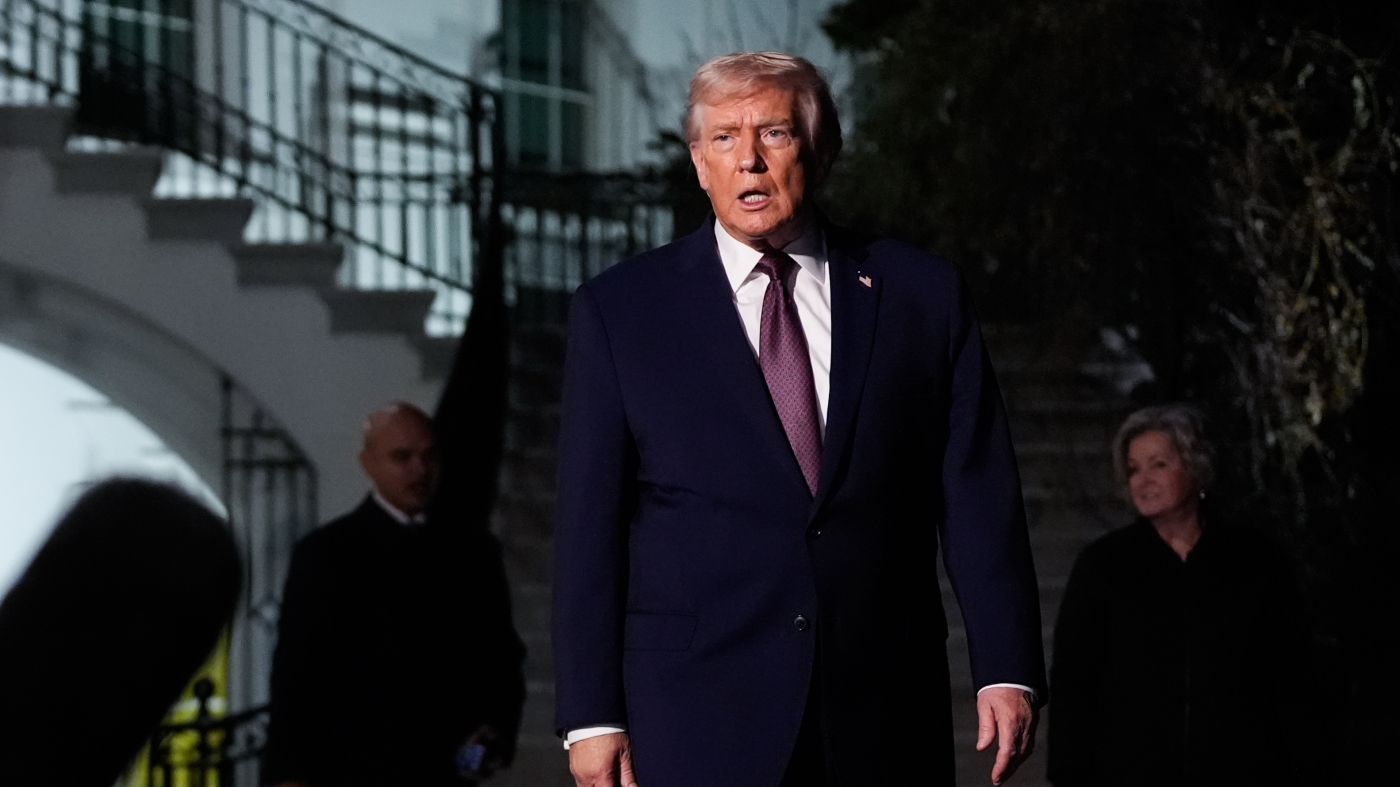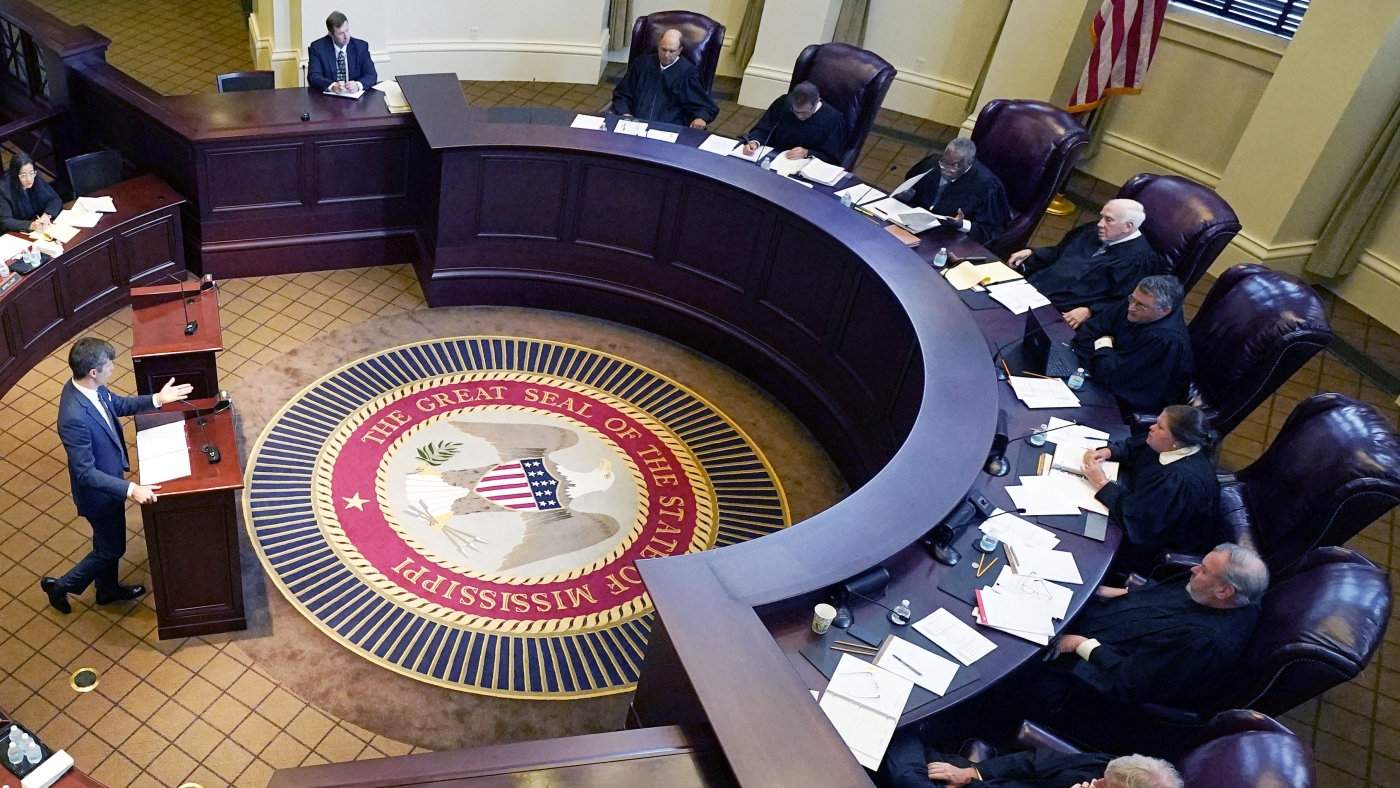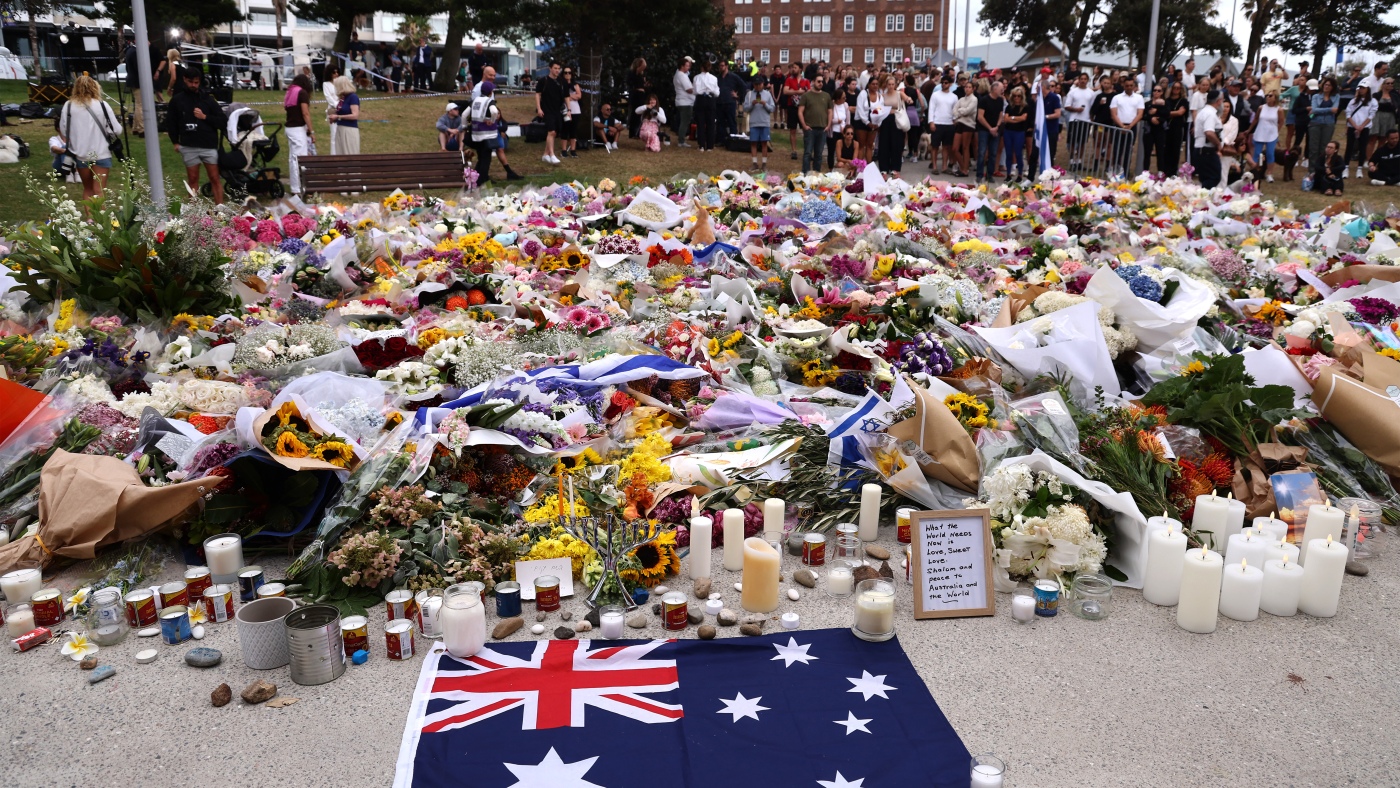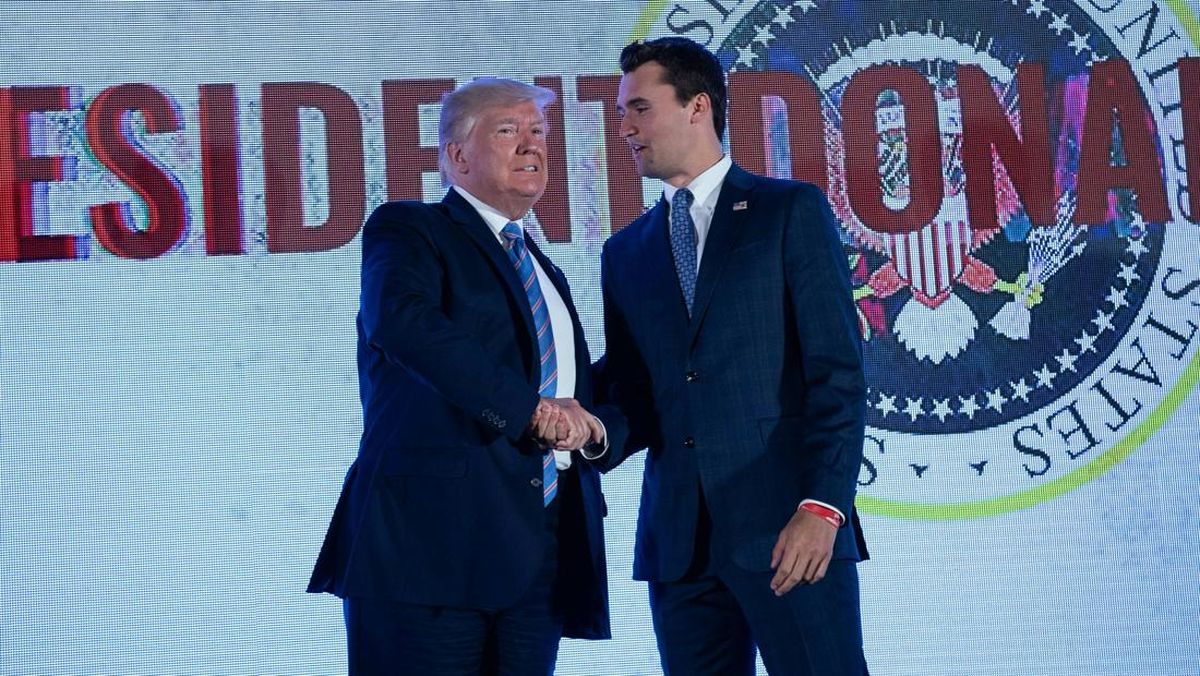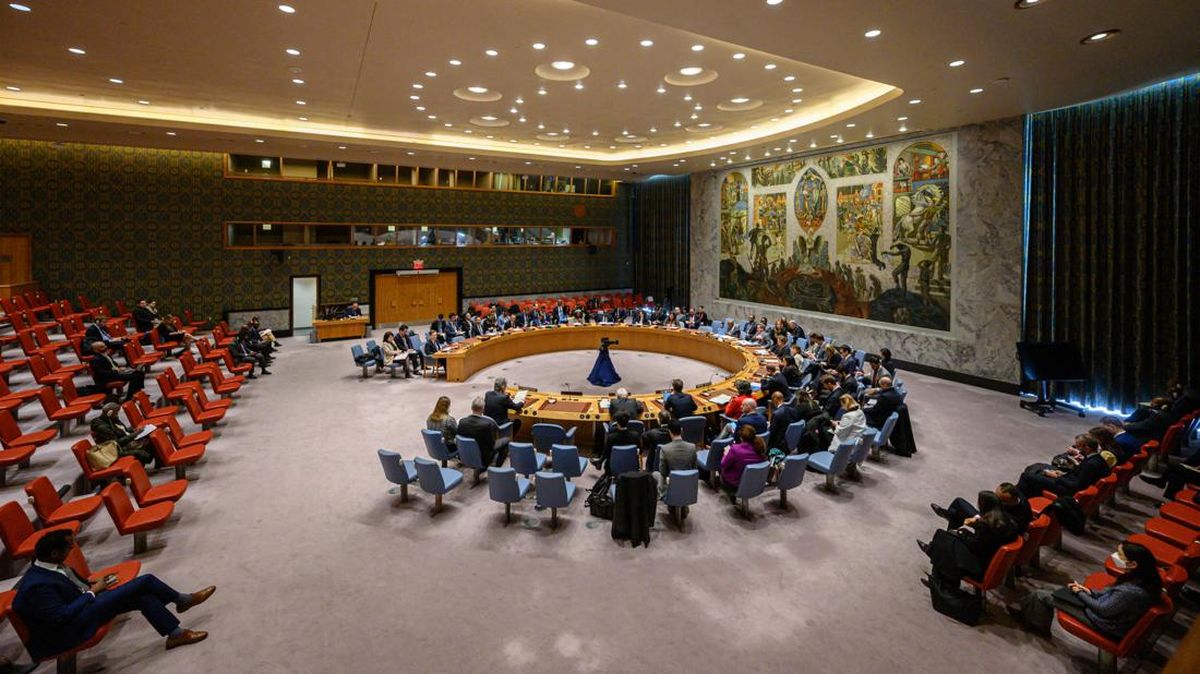
President Donald Trump speaks during an event in the Oval Office of the White House on Tuesday. Mark Schiefelbein/AP hide caption
toggle caption
Mark Schiefelbein/AP
WASHINGTON — A federal appeals court panel ruled Tuesday that President Donald Trump cannot use an 18th-century wartime law to speed the deportations of people his administration accuses of membership in a Venezuelan gang, blocking a signature administration push that is destined for a final showdown at the U.S. Supreme Court.
A three-judge panel of the 5th U.S. Circuit Court of Appeals, one of the most conservative federal appeals courts in the country, agreed with immigrant rights lawyers and lower court judges who argued the Alien Enemies Act of 1798 was not intended to be used against gangs like Tren de Aragua, the Venezuelan group Trump targeted in his March invocation.
Lee Gelernt, who argued the case for the ACLU, said Tuesday: "The Trump administration's use of a wartime statute during peacetime to regulate immigration was rightly shut down by the court. This is a critically important decision reining in the administration's view that it can simply declare an emergency without any oversight by the courts."
The administration deported people designated as Tren de Aragua members to a notorious prison in El Salvador where, it argued, U.S. courts could not order them freed.
In a deal announced in July, more than 250 of the deported migrants returned to Venezuela.
The Alien Enemies Act has only been used three times before in U.S. history, all during declared wars — in the War of 1812 and the two World Wars. The Trump administration unsuccessfully argued that courts cannot second-guess the president's determination that Tren de Aragua was connected to Venezuela's government and represented a danger to the United States, meriting use of the act.
In a 2-1 ruling, the judges said they granted the preliminary injunction sought by the plaintiffs because they "found no invasion or predatory incursion" in this case.
In the majority were U.S. Circuit Judges Leslie Southwick, a George W. Bush appointee, and Irma Carrillo Ramirez, a Joe Biden appointee. Andrew Oldham, a Trump appointee, dissented.
The majority opinion said Trump's allegations about Tren de Aragua do not meet the historical levels of national conflict that Congress intended for the act.
"A country's encouraging its residents and citizens to enter this country illegally is not the modern-day equivalent of sending an armed, organized force to occupy, to disrupt, or to otherwise harm the United States," the judges wrote.
In a lengthy dissent, Oldham complained his two colleagues were second-guessing Trump's conduct of foreign affairs, a realm where courts usually give the president great deference.
"The majority's approach to this case is not only unprecedented—it is contrary to more than 200 years of precedent," Oldham wrote.
The panel did grant the Trump administration one legal victory, finding the procedures it uses to advise detainees under the Alien Enemies Act of their legal rights is appropriate.
The ruling can be appealed to the full 5th Circuit or directly to the U.S. Supreme Court, which is likely to make the ultimate decision on the issue.

 3 months ago
52
3 months ago
52








